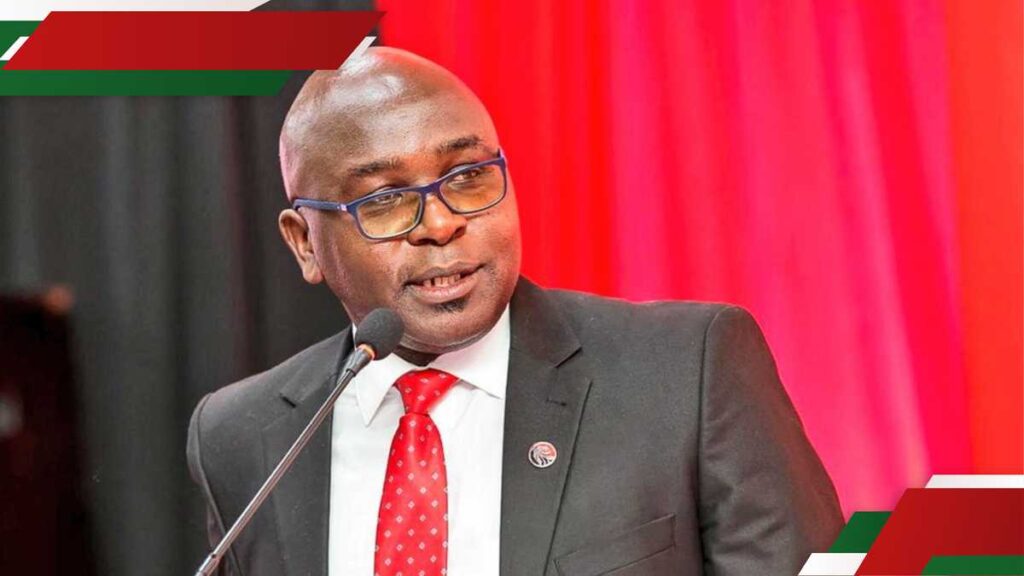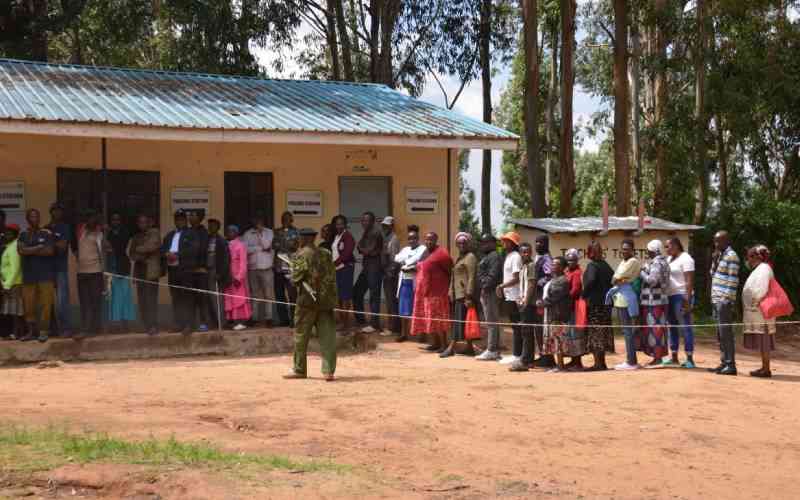Kenya risks missing its universal water and sanitation goals unless it adopts urgent financing, regulatory and technology reforms, top government officials have warned.
Speaking at the Kenya Water and Sanitation International Conference in Mombasa, Water and Sanitation Cabinet Secretary Eric Mugaa said the country was falling short despite progress in expanding infrastructure.
“Water coverage now stands at 73 per cent and safely managed sanitation at 40.9 per cent,” noted Mugaa, adding, “But vast rural areas remain without basic services.”
He observed that sewerage systems have been limited to 32 towns, leaving the majority of counties underserved.
He cited recent investments in areas such as Narok, Meru, Kiambu, Mandera and Oyugis but maintained that the national pace was not fast enough.
“Water and sanitation are not luxuries,” explained Mugaa. “They are human rights and the backbone of our development agenda.”
He warned that climate change had turned the water sector into a frontline emergency, with floods, droughts and erratic weather destroying infrastructure and worsening inequality.
“Climate change is a water crisis. Our systems are overwhelmed and the most vulnerable are hit the hardest,” observed Mugaa.
Mugaa said the government needs nearly one trillion shillings to meet sector targets, yet faces a 46 per cent budget deficit.
He called for new ways of financing, including public-private partnerships, green bonds and access to climate funds.
The CS also pushed for increased adoption of smart systems such as solar-powered water pumps, GIS-based leak detection and mobile sanitation.
“These innovations are not futuristic. They already work and can scale quickly,” said Mugaa.
He urged county governments to fully implement the Water Services Regulations 2025 and align with national priorities.
“This is a devolved function. National and county governments must work hand in hand,” Mugaa explained.
Stay informed. Subscribe to our newsletter
On Tuesday, Principal Secretary Julius Korir launched the 17th edition of the Water Services Regulatory Board’s Impact Report and called for urgency in meeting sector reforms.
“The pace of progress must accelerate. We are only five years away from our Vision 2030 deadline,” said Korir.
He said the new Water Amendment Act of 2024 would create legal space for public-private partnerships, regulate tariffs and unlock new investments by strengthening the water regulator’s mandate.
“This is a national recommitment,” Korir stated, adding, “It is a push to embed performance and accountability across the sector.”

























